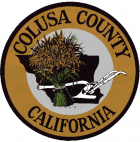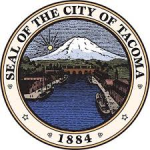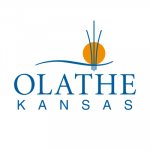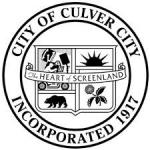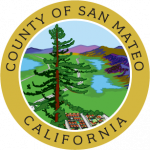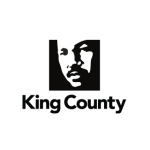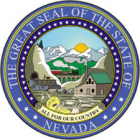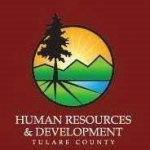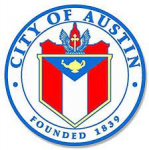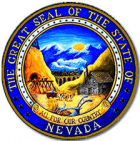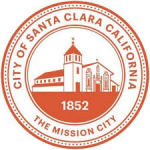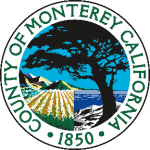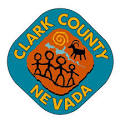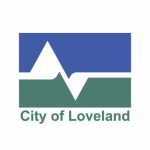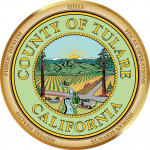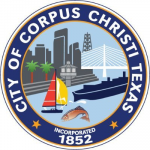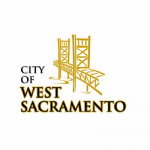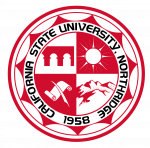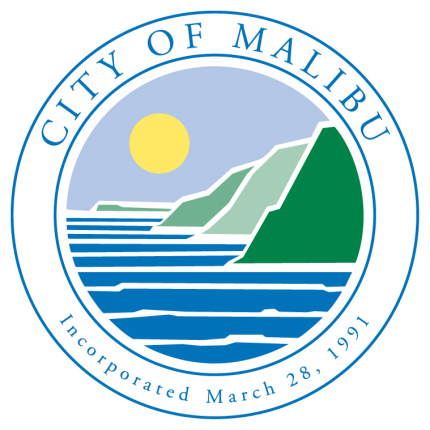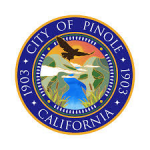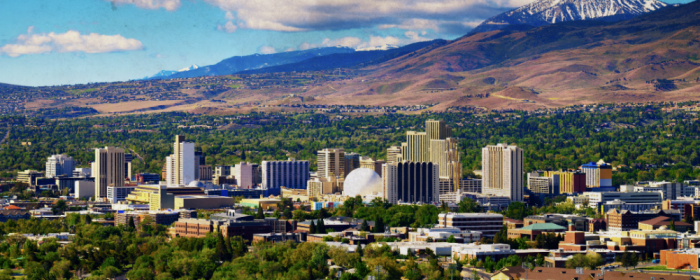Why Government HR Jobs Matter – And How You Can Get Involved

- ⇀ Introduction
- ⇀ What is Government HR?
- ⇀ The Scope of Government HR
- ⇀ Key Responsibilities in Government HR
- ⇀ Why Choose a Career in Government HR?
- ⇀ Qualifications and Skills for Government HR Jobs
- ⇀ Additional Requirements for Government HR Jobs
- ⇀ Steps to Start Your Career in Government HR
- ⇀ Conclusion
Introduction
Are you passionate about public service and personnel management? A career in government HR offers a unique opportunity to shape the workforce that supports critical public programs. Unlike private-sector human resources roles, government HR jobs have far-reaching impacts on the services millions rely on daily. If you’re interested in contributing to national security, education, or local city functions, a job in government HR might be the perfect fit.
What is Government HR?
At its core, government HR is about managing the employees that keep public services running. The role includes all the traditional HR responsibilities—recruitment, compensation, and training—but with an additional focus on public service. In government human resources, you’ll work within a more complex regulatory environment, dealing with policies and laws specific to public-sector employment.
The Scope of Government HR
Government HR operates across three primary levels:
- Federal: HR professionals manage personnel for national departments like the Department of Defense, NASA, or the FBI. These roles can include hiring for positions related to national security or research programs.
- State: HR professionals at this level work with state agencies such as health services, transportation, or education.
- Local: These roles support HR needs for city or county departments, such as police, parks and recreation, and public works.

Each level presents unique challenges but shares a common goal: building and maintaining a strong workforce dedicated to public service.
Key Responsibilities in Government HR
Government HR jobs involve a wide range of responsibilities that vary by role and agency but generally include:
- Recruitment and Staffing: Attracting and hiring qualified candidates for public service positions, often navigating specific regulations around hiring processes and veterans’ preferences.
- Compensation and Benefits: Administering pay, a deferred compensation plan, dependent care expenses, and benefits such as health, dental, and long-term disability, often offered on a pre-tax basis.
- Training and Development: Creating programs to enhance government employees’ skills and leadership capabilities, including senior executives.
- Labor Relations: Managing relationships with unions and handling collective bargaining processes, often within strict legal frameworks.
- Performance Management: Implementing systems that improve employee performance, set goals, and enhance efficiency.
- Policy Development: Drafting and enforcing HR policies that comply with government regulations and employment law.
Why Choose a Career in Government HR?
Choosing a career in government HR comes with its own set of unique advantages and challenges. Here are some reasons why it might be the right path for you:

- Mission-Driven Work: Your work directly impacts public service and contributes to the well-being of your community and country.
- Complex Regulatory Environment: Navigating a maze of policies, regulations, and employment laws specific to the public sector.
- Diversity and Inclusion: Government HR professionals are critical in promoting a diverse workforce that reflects the population they serve.
- Transparency and Accountability: Government HR jobs operate under greater public scrutiny and require adherence to strict ethical standards and responsibility to taxpayers.
- Work-Life Balance: Many government HR roles offer benefits like more sick leave per calendar year, additional public holidays, and flexible work schedules.
Government HR could be a great fit if you enjoy problem-solving within complex systems, are passionate about public service, and have strong interpersonal and communication skills.
Qualifications and Skills for Government HR Jobs
A career in government HR typically requires a mix of educational qualifications, technical expertise, and soft skills.
Educational Requirements
- Bachelor’s Degree: Most government HR positions require a bachelor’s degree in human resources management, business administration, public administration, or social sciences.
- Master’s Degree: For higher-level positions or faster career advancement, a Master of Public Administration (MPA) or an MBA focusing on HR may be necessary.
- Certifications: Professional certifications such as SHRM Certified Professional (SHRM-CP), IPMA-HR Certified Professional (IPMA-CP), or Professional in Human Resources (PHR) can make you more competitive in the job market.


Technical Knowledge
- HR Laws and Regulations: A solid understanding of employment laws, including the Family and Medical Leave Act (FMLA), the Americans with Disabilities Act (ADA), and the Fair Labor Standards Act (FLSA), is critical in government HR.
- Government-Specific Policies: Familiarity with the Merit System Principles, veterans’ preference in hiring, and prohibited personnel practices is essential for working within federal agencies.
- HR Information Systems (HRIS): Proficiency in HR software like Workday, PeopleSoft, or USA Staffing is often required.
- Data Analysis: Government HR professionals must have skills in data analysis to evaluate workforce metrics, compensation, and performance management.
Soft Skills
- Communication: Strong verbal and written communication skills are essential for explaining policies to employees, writing reports, and presenting to leadership.
- Problem-Solving: Government HR professionals must be able to develop creative solutions within regulatory constraints and make quick decisions in high-pressure situations.
- Ethical Decision-Making: Maintaining confidentiality and adhering to government ethics standards are critical aspects of the job.
- Cultural Competence: Sensitivity to diversity, inclusion, and equity issues is necessary for building a representative and inclusive workforce.

Additional Requirements for Government HR Jobs
In addition to education and skills, some government HR roles have specific requirements:
- US Citizenship: Many federal, state, or local government positions require U.S. citizenship.
- Security Clearance: Some federal government roles, particularly those related to national security, require security clearance.
- Residency Requirements: Certain local government jobs may require you to live within the jurisdiction you serve.
Steps to Start Your Career in Government HR
If you’re ready to pursue a career in government HR, here are some steps to guide your job search:
- Gain Experience: Look for internships or entry-level positions within government agencies to gain firsthand experience.
- Build Your Network: Join professional organizations like SHRM or the Public Sector HR Association (PSHRA) to connect with industry professionals and stay informed about upcoming events.
- Enhance Your Education: Consider pursuing advanced degrees or certifications in HR or public administration.
- Stay Informed: Keep up with trends, new policies, and best practices in government HR.
- Update Personal Information: Ensure your resume reflects your skills, certifications, and experience relevant to government HR roles. After updating, don’t forget to click save to ensure your information is ready for potential employers.
Conclusion
A career in government HR offers the chance to contribute to public service in impactful ways, especially within a state agency where you can manage essential services that benefit local communities. You’ll gain valuable experience in navigating complex regulations and providing vital assistance to public employees. If you’re seeking a career with diverse opportunities, strong job security, and room for growth, government HR could be your ideal path. You can begin your job search today and explore the many resources available to help you succeed in this fulfilling field.

